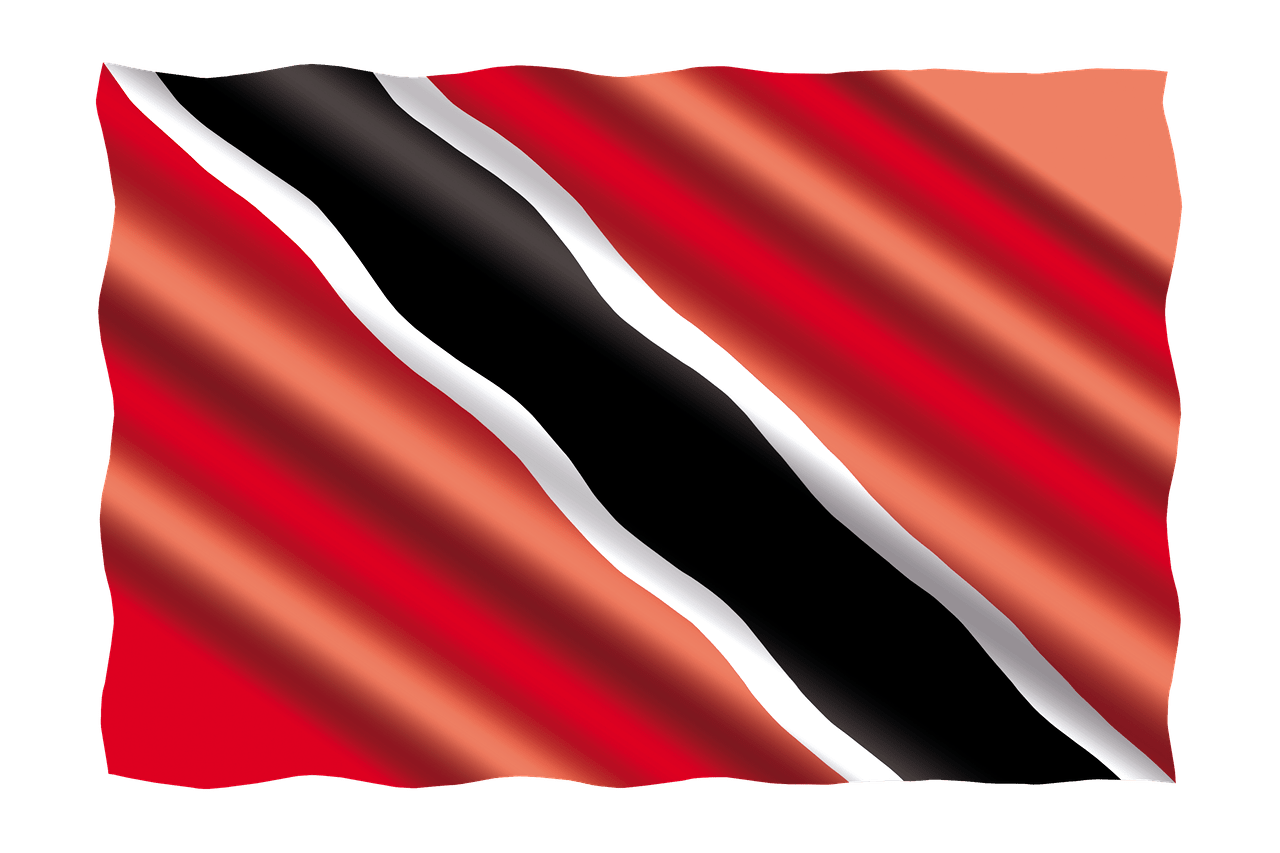What the United States can learn from Trinidad and Tobago’s Election

Elections are a cornerstone of democracy, reflecting the will of the people and shaping the future of nations. While the United States has a long history of democratic elections, there are valuable lessons to be learned from the electoral practices of other countries, including Trinidad and Tobago. The Caribbean nation offers insights into high voter engagement, election integrity, diverse representation, efficient processes, and community-centric campaigns that could enhance the U.S. electoral system.
Trinidad and Tobago’s two-party system offers a unique model of accountability, where citizens can effectively vote out non-performing governments. Most of the English-speaking Caribbean follow the same political systems and have been doing so for decades. The Caribbean nations parliamentary democracies, inherited from the United Kingdom, ensures that the ruling party remains answerable to the people. In Trinidad and Tobago, politics historically has been dominated by two major parties: the People’s National Movement (PNM) and the United National Congress (UNC). The PNM has traditionally drawn support from Afro-Trinidadians, while the UNC has been favored by Indo-Trinidadians. However, in recent years, both parties have made efforts to broaden their appeal across ethnic lines with support from all citizens.
In Trinidad and Tobago’s there is accountability through elections with constitutional term limits to ensure that leaders don’t become entrenched in power, allowing for fresh perspectives and preventing the abuse of authority. The ability to call early elections if the government loses a vote of confidence would increase accountability in the US system. The constitution ensures that elections are held at least every five years, with the option for earlier polls if the government loses a vote of confidence or the President dissolves the House of Representatives, the system allows citizens to hold their elected representatives accountable for their actions. If the ruling party fails to deliver on its promises, voters can oust them in favor of the opposing party, which often occurs. The United States can learn from this by implementing similar term to help prevent career politicians and promote new ideas.
One of the most striking aspects of elections in Trinidad and Tobago is the high voter turnout. This can be attributed to a strong sense of civic duty and effective community engagement. In contrast, the United States often struggles with lower voter participation rates. To address this, the U.S. could implement strategies that have proven successful in Trinidad and Tobago, such as comprehensive voter education programs and community outreach initiatives. By fostering a culture of active participation, the U.S. can ensure that more citizens exercise their right to vote, thereby strengthening the democratic process.
The political landscape in Trinidad and Tobago is characterized by a variety of parties and candidates, reflecting the country’s diverse population. This inclusivity ensures that different voices and perspectives are represented in government. In the United States, encouraging a broader spectrum of candidates, including those from underrepresented communities, could lead to more representative governance. By promoting diversity in political participation, the U.S. can create a more inclusive and equitable political environment.
Trinidad and Tobago’s elections are widely regarded as free and fair, with robust mechanisms in place to ensure transparency and accountability. This includes stringent oversight by independent electoral bodies and the use of secure voting technologies. The United States, which has faced challenges related to election security and public trust, could benefit from adopting similar practices. Enhancing election integrity through transparent processes and reliable technology would help restore confidence in the electoral system and ensure that every vote is accurately counted. Efficiency in the electoral process is another area where the United States can learn from Trinidad and Tobago. It has streamlined its voting and counting procedures, often resulting in timely and accurate election results. In contrast, the U.S. has experienced delays and complications in vote counting and reporting. By adopting more efficient processes, the U.S. can reduce these delays, ensuring that election outcomes are determined swiftly and accurately, thereby enhancing public trust in the system.
The United States, with its rich democratic tradition, can still learn valuable lessons from the electoral practices of Trinidad and Tobago. By enhancing voter engagement, ensuring election integrity, promoting diverse representation, streamlining electoral processes, and focusing on community-centric campaigns, the U.S. can strengthen its own democratic system.
Subrina Hall-Azih is an educator.






